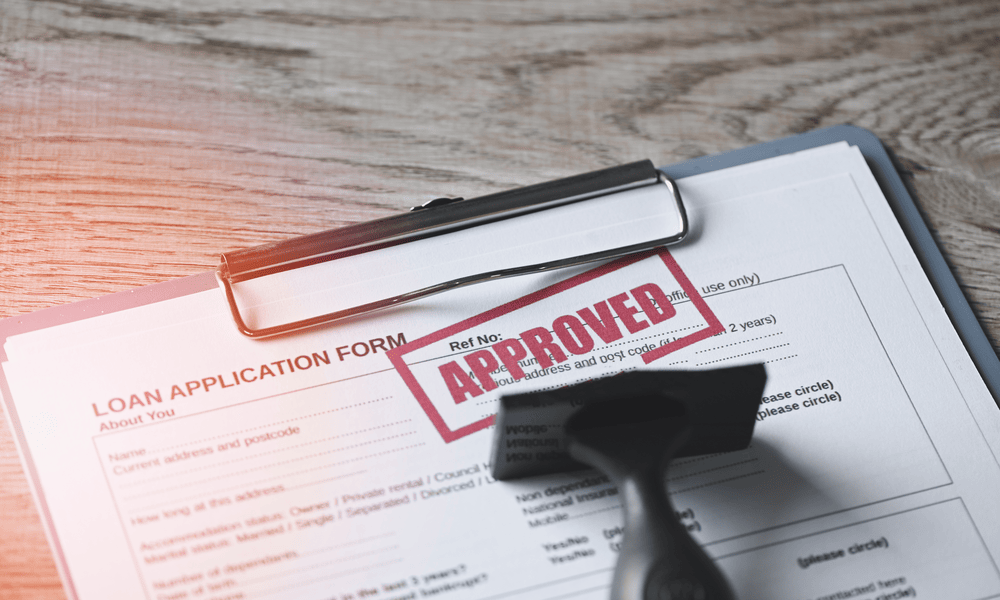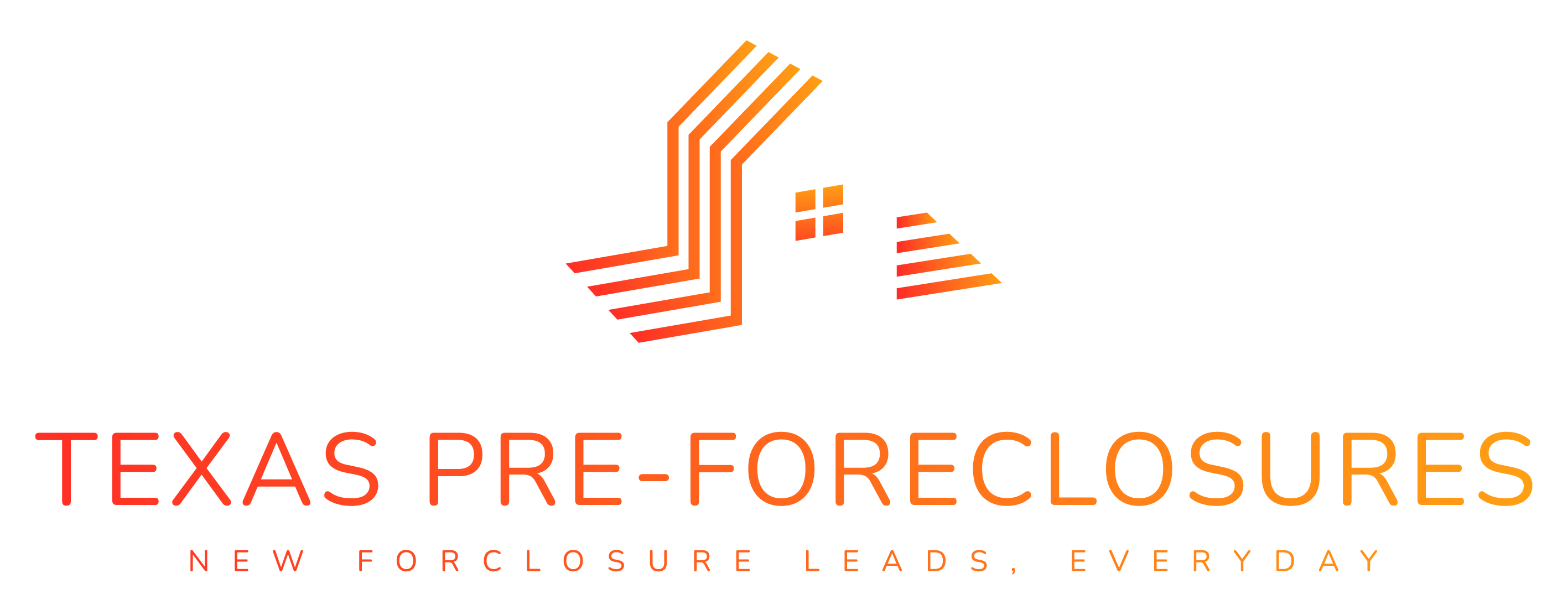Navigating the World of Foreclosure Property Financing
Navigating the World of Foreclosure Property Financing
Foreclosure properties can present lucrative investment opportunities, but securing the necessary financing can be a challenge. This comprehensive guide will explore the various options available to investors looking to purchase these properties.
Traditional Mortgages

While traditional mortgages are often used for buying primary residences, they can also be used for foreclosure property investments. However, lenders may have stricter requirements or offer higher interest rates for these types of properties.
Pros:
- Lower interest rates compared to some other options
- Potential tax deductions
- Established and familiar process
Cons:
- Stricter credit requirements
- Often requires a down payment
- May not be available for properties in poor condition or in high-risk areas
Hard Money Loans
Hard money loans are a popular option for foreclosure property investors. These short-term loans are typically secured by the property itself and often have higher interest rates. They can be a good choice for investors who need quick financing or are dealing with properties that don’t qualify for traditional mortgages.
Pros:
- Fast approval process
- Flexible terms
- Can be used for properties in poor condition or in high-risk areas
Cons:
- Higher interest rates
- Shorter loan terms
- May require a higher down payment
Seller Financing
In some cases, the seller of a foreclosure property may be willing to offer seller financing. This means the seller acts as the lender, often providing more flexible terms than traditional lenders. However, it’s important to negotiate carefully and understand the potential risks involved.
Pros:
- Can be more flexible than traditional financing
- Lower interest rates in some cases
- Can help sellers avoid foreclosure
Cons:
- Requires negotiation skills
- May involve additional risks for the buyer
- May not be available in all situations
Private Money Lenders

Private money lenders are individuals or groups who lend money privately. They can offer more flexible terms than traditional lenders but may require a personal relationship or a higher interest rate.
Pros:
- More flexible terms
- Can be used for properties that don’t qualify for traditional financing
- Can provide faster approval times
Cons:
- May be harder to find
- Can have higher interest rates
- May require a personal relationship
Cash Purchases
One of the most straightforward ways to purchase a foreclosure property is with cash. This can give you a significant advantage in negotiations and may also allow you to avoid paying closing costs.
Pros:
- Complete control over the property
- No interest payments
- Can be used for any property, regardless of condition or location
Cons:
- Requires significant upfront capital
- Can limit investment opportunities
Home Equity Lines of Credit (HELOCs)
If you already own a home, you might be able to use a HELOC to finance a foreclosure property investment. However, this can be risky if not managed carefully, as you’re essentially using your primary residence as collateral.
Pros:
- Can be used for multiple purposes
- Flexible repayment terms
- Often lower interest rates than credit cards
Cons:
- Can be risky if not managed carefully
- May require a home appraisal
- May have limitations on the amount you can borrow
Partnerships
Partnering with other investors can be a way to pool resources and reduce risk. However, it’s important to have a clear agreement in place to avoid disputes.

Pros:
- Shared risk
- Pooled resources
- Can provide access to additional expertise
Cons:
- Potential disagreements
- Challenges in managing partnerships
Key Factors to Consider
When choosing a financing option for your foreclosure property investment, consider the following factors:
- Property Type: The type of property (e.g., residential, commercial) can influence your financing options.
- Property Condition: Properties in need of repairs may require additional financing.
- Investment Goals: Your long-term goals for the property (e.g., rental income, flipping) will impact your financing needs.
- Credit Score: Your credit score will affect your eligibility for traditional mortgages and other loans.
- Down Payment: The amount of down payment you can afford will influence your financing options.
- Interest Rates: Compare interest rates from different lenders to find the best deal.
- Loan Terms: Consider the length of the loan and the repayment schedule.
- Closing Costs: Be aware of any closing costs associated with the loan.
Additional Tips
- Shop Around: Get quotes from multiple lenders to compare rates and terms.
- Consider a Pre-Approval: Getting pre-approved for a loan can strengthen your negotiating position when making offers on properties.
- Understand the Terms: Carefully review the terms of any loan you’re considering.
- Have a Backup Plan: Be prepared to have a backup financing option in case your preferred choice falls through.
By understanding these various financing options and carefully considering your specific circumstances, you can increase your chances of successfully investing in foreclosure properties.
